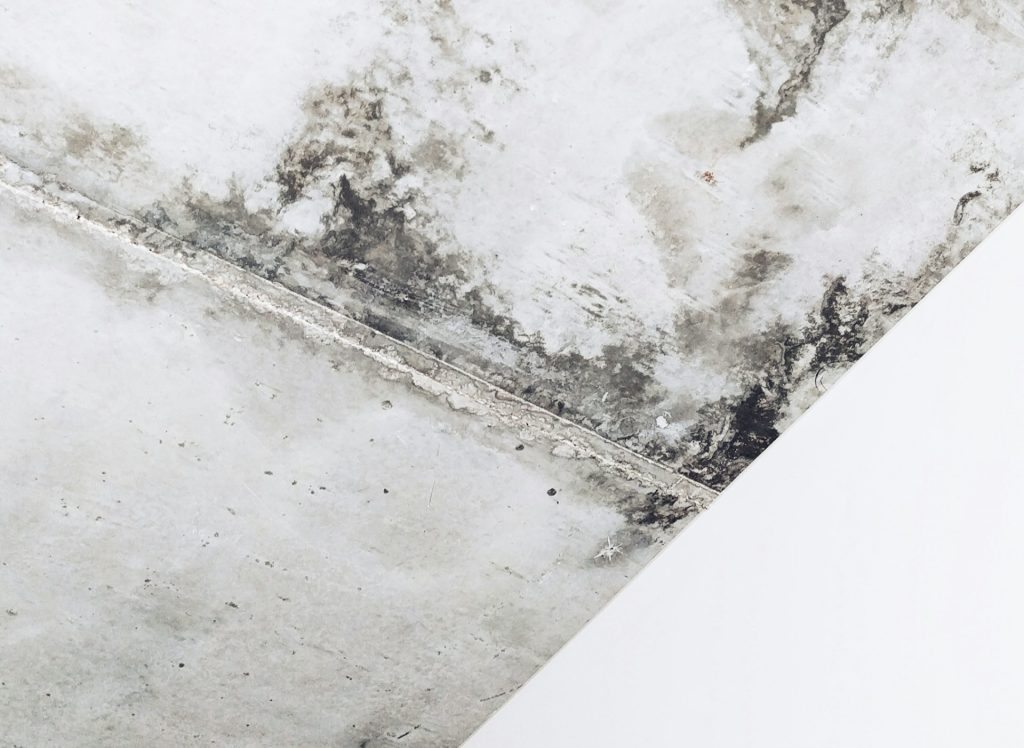Choosing the Right Mold Removal Company in Long Island
March 19, 2025
Mold infestations can pose serious risks to both property and health. Whether you’re dealing with a small mold problem or widespread contamination, hiring the right mold removal company is crucial. Long Island’s humid climate makes it particularly susceptible to mold growth, so choosing a knowledgeable and reputable service provider is essential.  This guide will walk you through everything you need to know about selecting a reliable mold remediation company in Long Island. We’ll discuss important factors to consider, industry certifications, the mold removal process, key questions to ask, warning signs of untrustworthy companies, and why hiring local experts is beneficial. 1. Why Professional Mold Removal is NecessaryThe Dangers of Mold GrowthMold can cause:
DIY vs. Professional Mold RemediationSome homeowners attempt DIY mold removal, but this can be risky.
Hiring a licensed mold removal company ensures the job is done safely and thoroughly. 2. Key Factors to Consider When Choosing a Mold Removal Company1. Experience and Expertise
2. Licensing and CertificationsA reputable mold removal company should have:
3. Inspection and Testing Services
4. Mold Removal Techniques and EquipmentA professional company should use:
5. Insurance and Warranties
6. Local Reputation and Reviews
3. Understanding the Mold Remediation ProcessA professional mold removal company follows a structured process: Step 1: Initial Inspection and Assessment
Step 2: Containment and Safety Measures
Step 3: Mold Removal and Cleaning
Step 4: Moisture Control and Prevention
Step 5: Final Inspection and Testing
4. Questions to Ask a Mold Removal Company Before Hiring1. Are You Licensed and Certified in New York?Ensure they meet state regulations and industry standards. 2. Do You Provide Written Estimates?
3. What Mold Removal Techniques Do You Use?
4. Will You Conduct a Post-Remediation Inspection?
5. Do You Offer a Warranty on Your Services?
6. Can You Provide References from Past Clients?
5. Red Flags to Watch Out For1. Unrealistically Low Prices
2. No Licensing or Certification
3. High-Pressure Sales Tactics
4. No Written Contract or Estimate
5. No Post-Remediation Testing
6. The Importance of Choosing a Local Mold Removal Company in Long Island1. Understanding Local Mold Issues
2. Faster Response Times
3. Established Reputation
ConclusionChoosing the right mold removal company in Long Island is essential for protecting your property and health. Look for licensed, certified professionals with experience, proper insurance, and positive reviews. Avoid companies with vague pricing, high-pressure sales tactics, or a lack of post-remediation testing. By doing thorough research and asking the right questions, you can ensure your mold problem is handled safely, effectively, and professionally. If you’re looking for trusted mold removal experts in Long Island, consider Long Island Mold Removal. With years of experience and industry certifications, they offer professional mold remediation services tailored to local needs. Contact them today at 631-449-7227 for a consultation! |
|